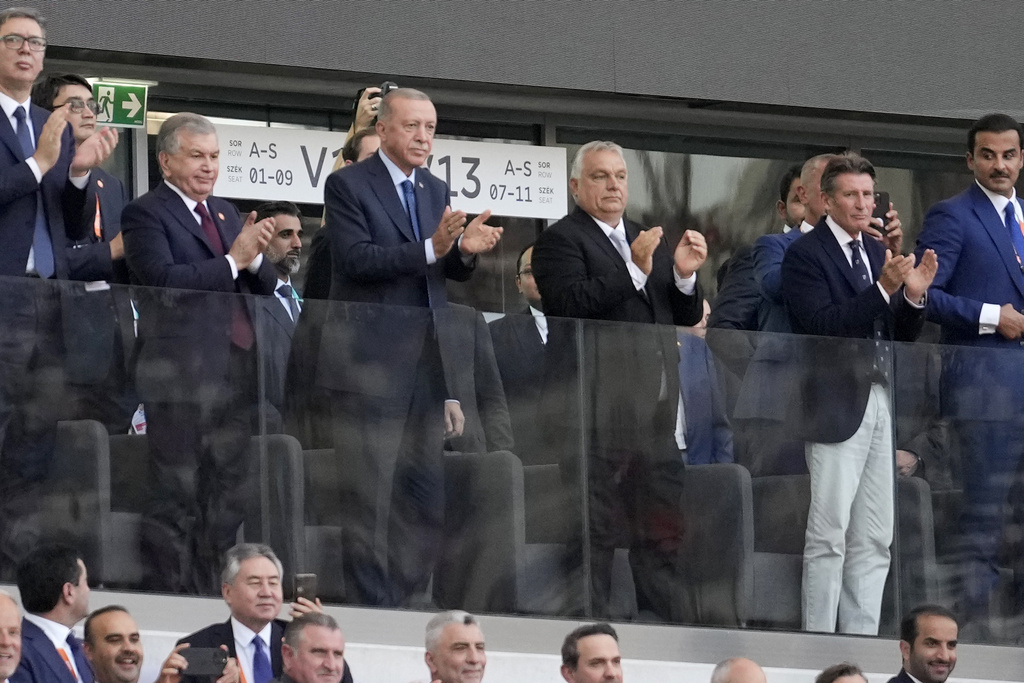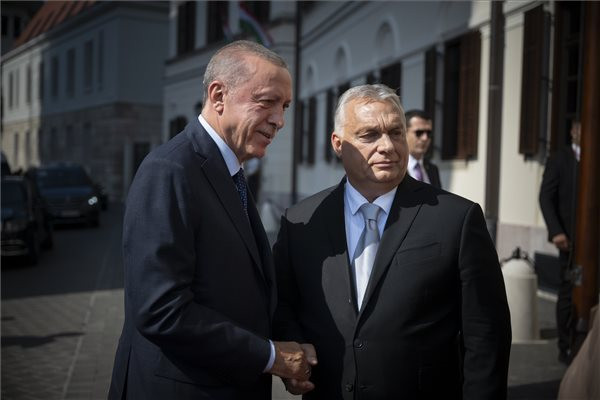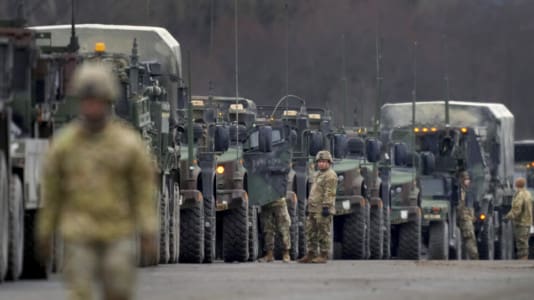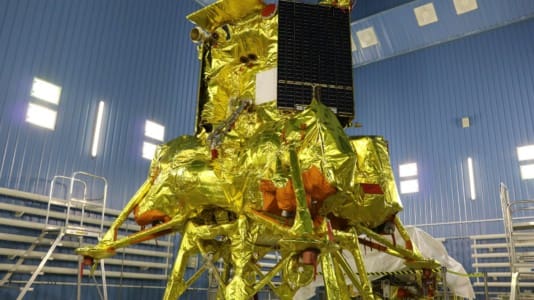Timed to coincide with both Hungary’s August 20 national day, St. Stephen’s Day, and the World Athletics Championships hosted by Budapest, Turkish President Recep Tayyip Erdoğan met Hungarian Prime Minister Viktor Orbán, with their agenda including the topic of the ratification of Sweden’s NATO membership.
Hungary and Turkey have already had a strategic partnership, and the parties have already agreed to upgrade this to a key strategic partnership, Hungarian Minister of Foreign Affairs and Trade Péter Szijjártó told national news agency MTI.
Accordingly, the Turkish president will visit Budapest again on Dec. 18, when a meeting of the high-level Strategic Council will be held, during which an agreement on the establishment of a key strategic partnership and mutual emergency assistance will be signed, Szijjártó said.

“This clearly demonstrates the commitment between the two countries to enhance cooperation, and that both countries benefit greatly from this bilateral cooperation,” he said. Hungary’s foreign minister added that, unfortunately, several events have occurred recently that make this type of agreement relevant and justified.
“Turkey plays an extremely important and even indispensable role in the security of Hungary’s energy supply, as a significant part of the natural gas supplies to Hungary come through Turkey via the Turkish Stream pipeline,” he pointed out.
He said that Turkey’s transit role will be further strengthened with the entry into force of the Hungarian-Azeri gas transport contract and the start of Turkmenistan’s exports to Europe. He underlined that energy cooperation would also take on a new dimension with the possibility of gas supplies from Turkey, following the finalization of an agreement between Hungarian power company MVM Group and Turkish pipeline company Botas on the purchase of 275 million cubic meters of gas next year.
Szijjártó said that the ratification of Sweden’s membership of NATO was also discussed; the foreign minister noted that both the Hungarian and Turkish parliaments are on summer recess, so the issue could be on the agenda again in the autumn.
“We remain in constant consultation and contact and will keep each other informed of the status and progress of national parliamentary procedures,” he said.






